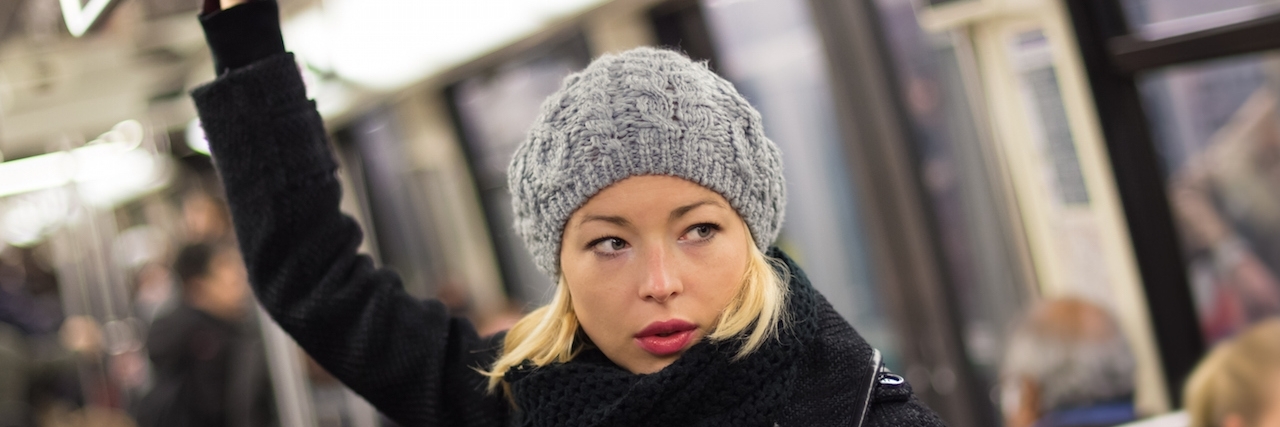Recently I turned 30 and I was glad, but not for the reasons you might imagine. I felt relieved — relieved to leave the decade associated with boundless energy. I was questioned a lot, especially in my early youth. “Why aren’t you drinking? Why won’t you come to my party? Why don’t you have some fun?” I tried to explain, but it was always futile; the concept of illness is difficult to grasp when you are in the peak years of your health.
As I grew older, people around me slowed down to a level I could keep up with. Superficial interactions were also pared down as we all grew a little more comfortable in our own skin. Social needs tend to get pushed down the rung of priorities with limited energy to spare, and you tend to save these special moments for the friends where company is mutually enjoyed.
Sometimes I fall into unwanted conversations with taxi drivers about my health on the way to the hospital. They ask if I am visiting a patient, and are in disbelief when I reply no. They brush off my illnesses as trivial based solely on my age, and some even go so far as to proclaim that I am a liar. I have learned to keep my mouth shut, but I think I should speak up more in a bid to raise awareness, even though it can sting.
Sometimes my joints are aching to the point where that slight bending of the knees while walking is near impossible, yet I dare not ask for a seat on public transport. I do not have the energy to explain my circumstances.
“I know I look perfectly fine, but my joints feel like death as I have lupus and Sjögren’s Syndrome…What the hell is that?!… It’s a rare autoimmune disorder which causes dryness in your mucous membranes, fatigue, joint and muscle pain, and more…”
You get the drift. Neither do I have the emotional stamina to deal with any ignorant accusations. I am drained and exhausted, and ironically, standing on my feet in pain seems to be the easier option.
Sometimes senior folks swear at me because I move out of their way a little too slowly for their liking, and the other adults around them grant me death stares – why was I being so disrespectful to the elderly? Interactions with older people can be especially difficult, because they are usually set in their beliefs or right of way based on age, or simply have more support from surrounding citizens.
The other day a young man approached me from a distance with a smile and a tin; they were raising funds for bone marrow transplants. A hundred thoughts filled my mind as I tried to scurry away. What could I say? “Sorry I can’t donate because I need the money to pay for my own medical bills, which can amount to thousands of dollars every month?” “Sorry, but I have been considered for bone marrow transplant myself?” Were they thinking that I was selfish?
And what do I say when they ask if I would like to donate blood? “Sorry I can’t because I have a clotting disorder, and my blood will be of no use to you. I can’t even store blood to save my own life if I needed?” “Sorry but I have haemolytic anaemia and might need a transfusion myself?”
In a sense, growing older grants you an unspoken permission to be slower in public spaces, and it is that silent understanding that I crave. Do I care too much about what others think? Perhaps, but there’s still time to unlearn that. Is there something I can do to make these situations better or easier? I guess what I am doing now helps a little, but I suppose I should also speak up more in actual situations as well. When I do so, I will also be speaking up for millions more like me. Will it work? Is it helpful? Who knows, until I try?
Follow this journey on A Chronic Voice
The Mighty is asking the following: Describe a moment where you experienced intolerance or inaccessibility. What needs to happen to change this? Check out our Submit a Story page for more about our submission guidelines.

